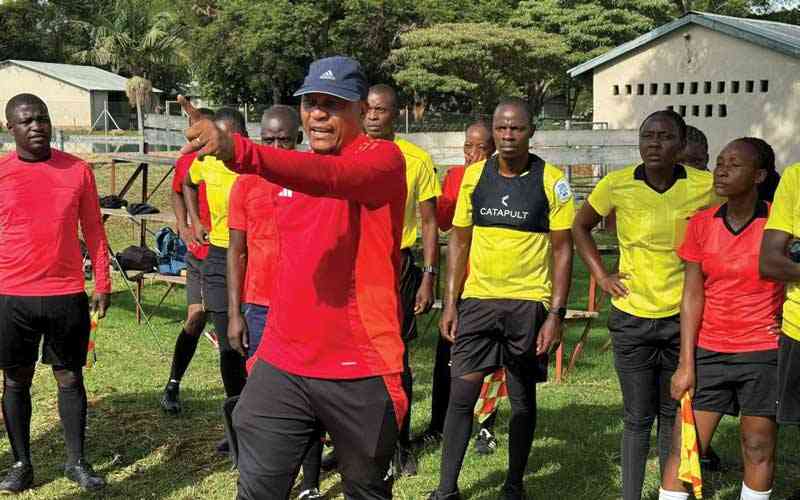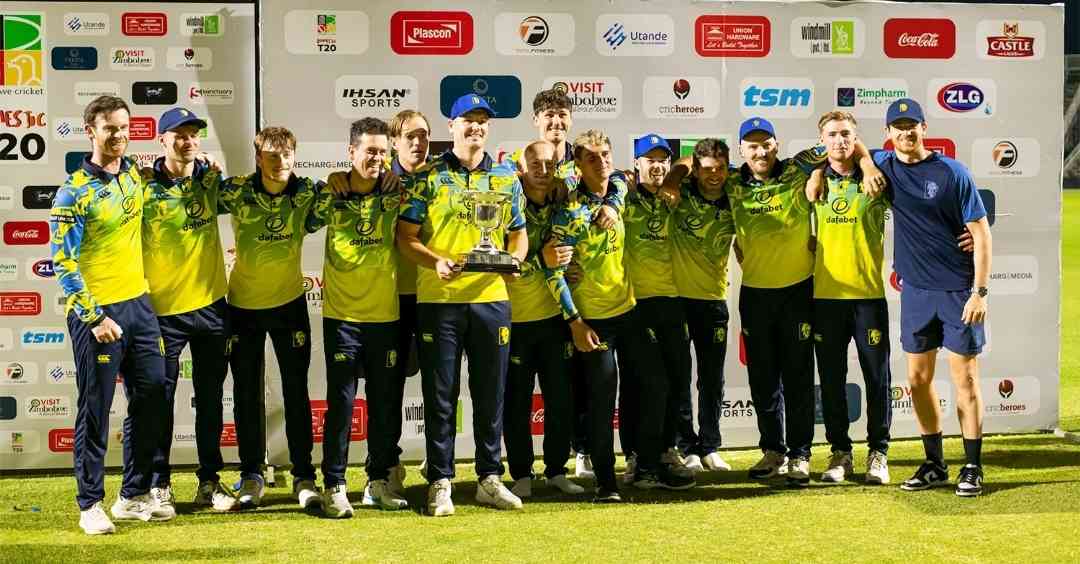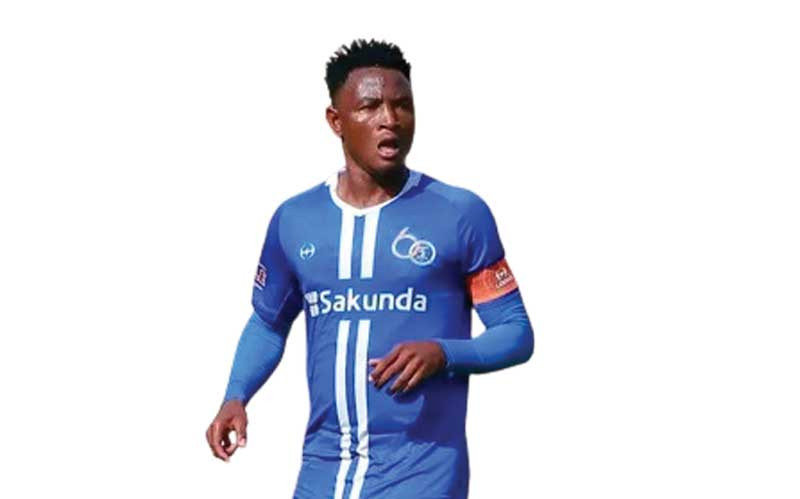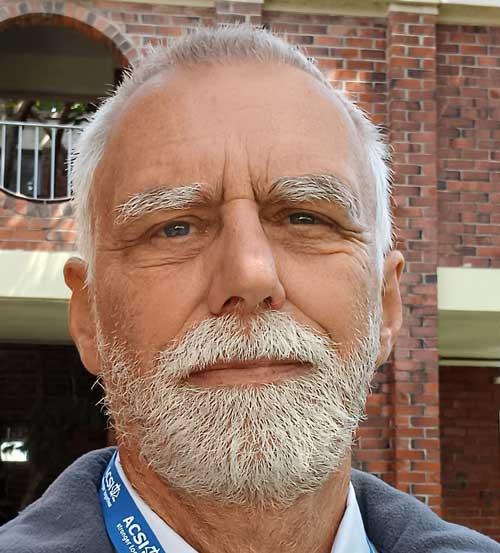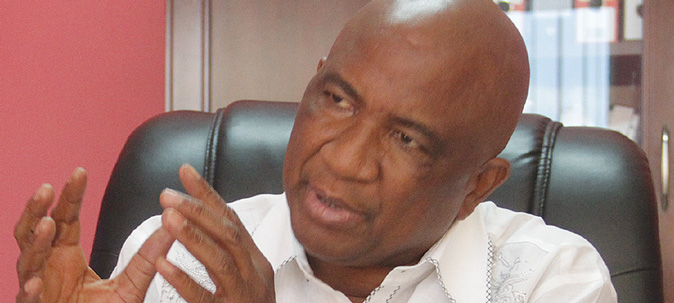
THE trial of former Zimbabwe Football Association (Zifa) officials who are accused of match-fixing, targeting national teams, as well as South Africa Premier Soccer League games, could be headed for collapse after the local football governing body’s whistleblower said he was not going to testify in court.
BY DANIEL NHAKANISO
Former Zifa chief executive Henrietta Rushwaya, former Zimbabwe Warriors coach Ian Gorowa, fired Zifa board member Edzai Kasinauyo and Nation Dube, the former Warriors assistant coach, will go on trial on September 7.
The quartet was accused of planning to fix Zimbabwe’s two Africa Cup of Nations (Afcon) qualifiers against Swaziland, which were played on March 25 and 28 in Mbabane and Harare respectively.
Zifa, who are the complainant in the case, also allege Kasinauyo, Gorowa and Rushwaya were part of an allegedly highly-sophisticated match-fixing syndicate that targetted players plying their trade in South Africa, offering them large amounts of money to manipulate results in the lucrative league.
Chan Sankaran, a well-known Asian match-fixer with links to convicted serial match-fixer Wilson Raj Perumal, is alleged to have been the financier in this case.
However, in a sudden turn of events, Leeroy Waguta, who later turned out to be the whistleblower and Zifa’s chief witness in the scandal, told Standardsport in an unsolicited interview on Friday that he was not going to testify.
“I’m not going to testify in the match-fixing trial. I just want to set the record straight by saying I’m distancing myself from that whole match-fixing issue. I have been reading stories in the newspapers, with some Zifa officials saying I am their chief witness in this matter and I have been keeping quiet, but I think it has gone too far and that’s why I have decided to come out,” he said.
- Chamisa under fire over US$120K donation
- Mavhunga puts DeMbare into Chibuku quarterfinals
- Pension funds bet on Cabora Bassa oilfields
- Councils defy govt fire tender directive
Keep Reading
While Waguta could not shed light on his sudden change of heart after having initially co-operated with both Zifa and the police, sources told Standardsport that his decision came after a recent breakdown in his relationship with Zifa president Philip Chiyangwa.
“Chiyangwa had made several promises to Waguta for him to provide them with the evidence and to later testify in the matchfixing case. Waguta has grown increasingly frustrated as the monetary rewards and a residential stand in Elizabeth Park situated in Ruwa he had been promised have not been delivered. He has been in and out of the country to follow-up on the promises without any luck,” said the source close to both Chiyangwa and Waguta.
Efforts to get a comment from Chiyangwa were fruitless at the time of going to press.
Waguta reportedly played a leading role in brokering deals between Zimbabwean players based in South Africa and match-fixing cartels.
The intention was to allegedly fix Absa Premiership matches involving their clubs, thereby ensuring huge pickings for the match-fixers in South Africa.
Turning to the Warriors encounters against Swaziland, the match-fixers had allegedly targeted Dynamos goalkeeper Tatenda Mukuruva, who reportedly said in an affidavit that Gorowa and current assistant coach Dube asked him to undergo a “keeper’s course on fixing matches”.
According to the evidence Waguta has provided information to Zifa that the Warriors’ 2016 Afcon matches in Rwanda were also fixed, with help from Dube.
Zimbabwe bowed out of the competition in the group stages after losing to Zambia and Mali before drawing their last match against Uganda.
Although they have been denying the charges, Gorowa, Kasinauyo and Dube were each slapped with 10-year bans from all football-related activities by the now-defunct National Football Association of Zimbabwe (Nafaz), while Rushwaya received a life ban.
Gorowa and Kasinauyo poured scorn on their bans and instead challenged the then Nafaz leadership to prove their guilt in a properly constituted tribunal and not in a “Kangaroo court.”
Rushwaya was previously found guilty of fixing games involving the national team tours to Asia between 2007 and 2009, but she had her life ban lifted in January by Zifa’s new leadership after it was never endorsed by the world football governing body Fifa. In the end, just a handful of players served sentences.

